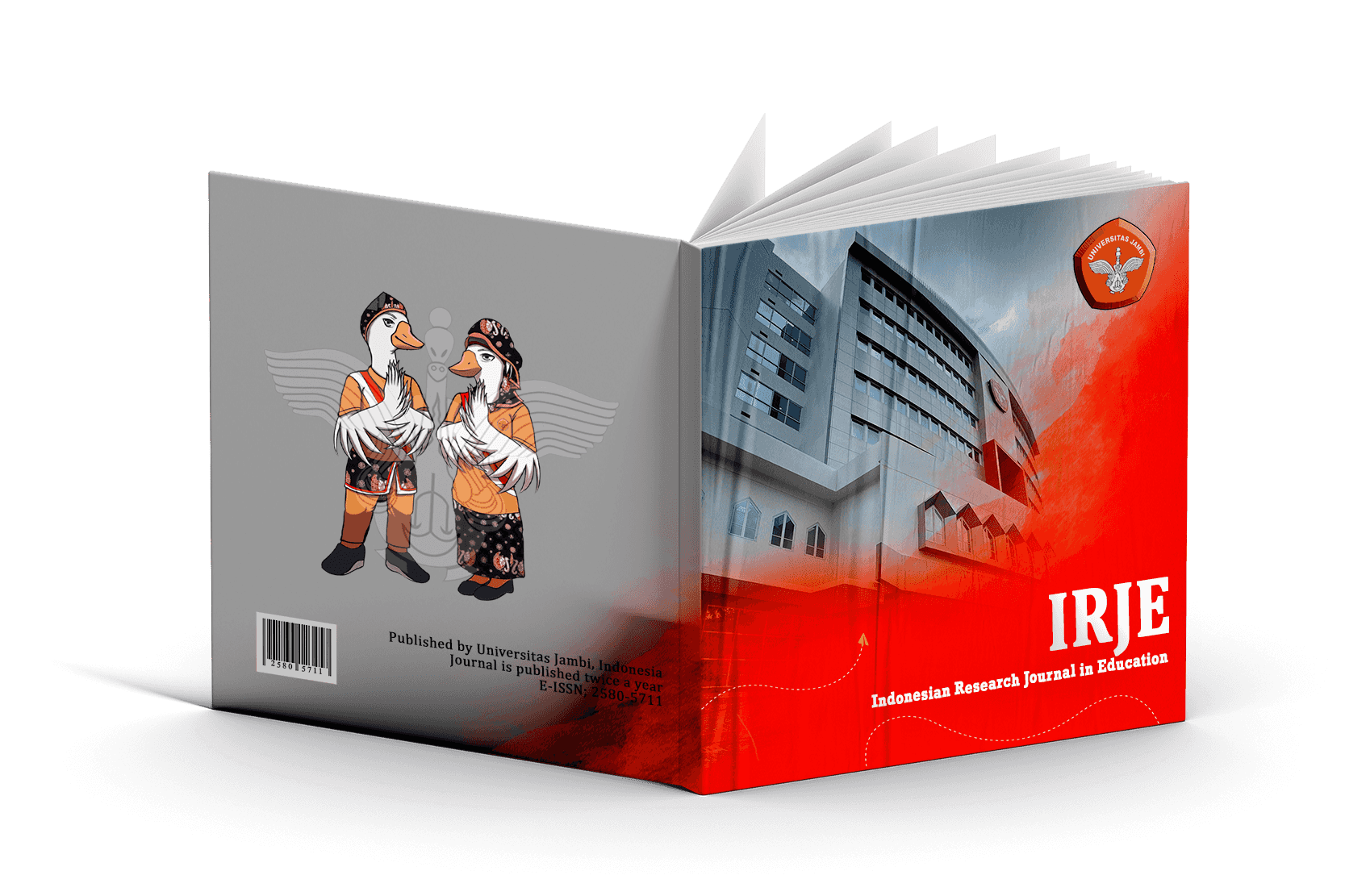Spiritual and interpersonal competencies for advancing health equity from the perspective of Islamic education management
DOI:
https://doi.org/10.22437/irje.v9i01.43772Abstract
This research aimed to examine the influence of spiritual competence and interpersonal skills in improving health equity from the perspective of Islamic education management. This quantitative research used a descriptive approach and Partial Least Squares Structural Equation Modelling (PLS-SEM). The data were collected through the ArcGIS Survey123 online questionnaire using a five-point Likert scale, with 145 valid responses through stratified random sampling consisting of 61 (42.06%) lecturers, 29 (20%) administrative staff, and 54 (37.24%) students at one of the private Islamic universities. The research results showed that lecturers’ interpersonal and spiritual dimensions had a positive and significant effect, confirming the central role of lecturers in building social relationships and spiritual values in the educational environment. On the other hand, the influence on staff was positive but insignificant, while on students, it tended to be negative and insignificant. The research confirmed that lecturers’ spiritual competence and interpersonal skills could be effective strategies to promote health equity in the management of Islamic education.
Downloads
Downloads
Published
How to Cite
Issue
Section
License
Copyright (c) 2025 Indonesian Research Journal in Education |IRJE|

This work is licensed under a Creative Commons Attribution-NonCommercial-ShareAlike 4.0 International License.
After the manuscript is accepted for publication, authors will be required to sign a copyright transfer form. Copyright will be transferred to Jambi University, the Graduate School, Doctoral Program in Education, via e-mail. A copyright form will be sent to you via e-mail after the accepted manuscript has been submitted.





